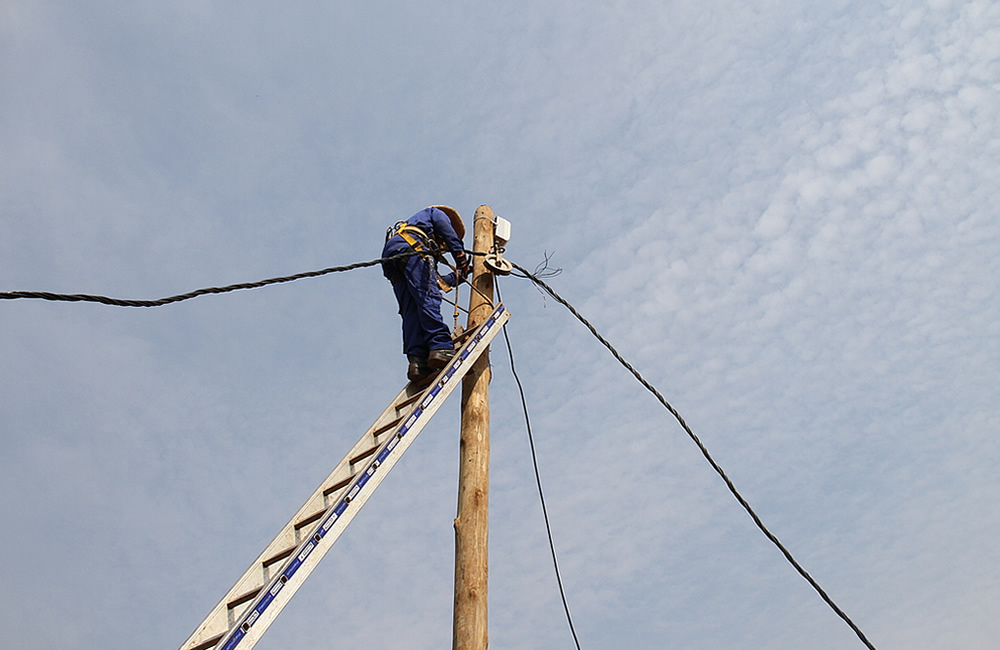The Eastern Province of Rwanda has seen 50,000 of its households connected to the national electric grid for the first time following the successful implementation of a four year $68 million energy project by the Rwanda Energy Group in partnership with a number of private firms.
This was disclosed during a validation workshop themed around the socio-economic impact of the electrification project where special reports on the impact of the project were received and discussed. Benefits, according to Epimak Rutingama, were mostly in the areas of income generation, health and education.
The survey showed that users of electricity were considerably better off than the non-users with regard to their socio-economic status and living conditions. Socio-economic status and living conditions of household heads as measured by different variables appear to be strongly associated with using electricity which resulted in a greater level of satisfaction with their life situation.
Provincial Governor Odette Uwamariya admitted that the project had doubled electrification levels in her province from 11% to 22% thus allowing trading centers to upgrade and decentralize public services. In her words; “Schools, health centers, Saccos (credit and savings cooperatives) benefitted. We can now go beyond just home lighting to starting agro-based industries.”
Also, and more in line with Governor Uwamariya’s comments, modern energy use may enable the poor in developing countries to engage in new or improved income generating activities eventually leading to an improvement of their living conditions. This is a productive use of energy, not merely a consumptive one. Lastly, exclusion from modern energy might be a direct indicator of poverty.
